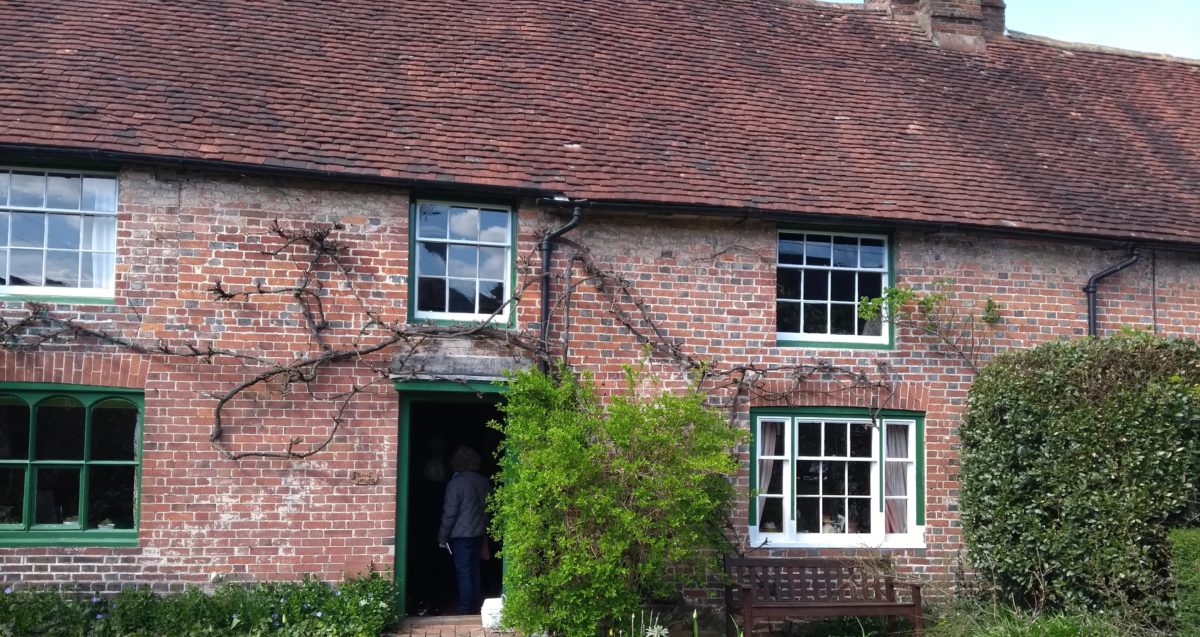In the morning Mr Carman and I set out to attend the sessions in Lewes. My brother came over to stand the shop for me during my absence. We accordingly consulted our attorney relating to our trials in everything necessary in order to be prepared in every point. We then attended the court, and the second trial which came up was one of ours where the parish of [Ticehurst?] were appellants and the parish of East Hoathly removants.
The case was this: James Marchant, the son of Thomas Marchant, an inhabitant legally settled in the parish of Ticehurst, did by and with the consent of the said Thomas his father put himself out as an apprentice to his uncle Richard Marchant, an inhabitant legally settled in this parish, for the space of 7 years, during which time he was faithfully to serve him as an apprentice (and the pauper always deemed himself as an apprentice).
The uncle declared upon making the agreement he would have no indentures because he [James] should not gain a settlement in this parish [by being recognized inhabitant]. The said pauper served 5½ years of his time. Then some difference arising between them, he left his service and never after obtained any subsequent settlement (by any act of his whatever). This was the purport of his examination, upon which our order of removal was granted.
What motives Ticehurst had for their appeal I know not, but there appeared none in the course of the trial, and it was, after a short hearing, given in our favor and the order confirmed.
The next cause that came on was also ours, where we were not so fortunate as in the former. Indeed we had now another part to act, being in this cause appellants. The case was this: About the year 1740 the parish of Waldron granted a certificate, duly executed and allowed by two justices, with John Bristow and Ann his wife, John, William (the pauper), Edward and several more sons and daughters named in the said certificate, to this parish. William the pauper about the 11th year of his age, after having lived with his parents in the parish of East Hoathly under the certificate several years, went back into the parish of Waldron and lived several years as a servant. From thence he went into the parish of Isfield and obtained a legal settlement in Isfield by servitude.
He then came into the parish of East Hoathly again and lived as a yearly servant several years, hiring himself by the year, and served a year subsequent to the hiring [thus acquiring a settlement]. By some means he got into the parish of Heathfield and married. His family coming on, and he no promising person to maintain them, they [Heathfield] began to be uneasy and talked of removing them.
He then applied to this parish for a certificate, and it being a case somewhat difficult, our parish had the case drawn up, stated and laid before counsellor Humphrey for his opinion, which was that William the pauper did not according to law belong to this parish. Upon this authority we refused him a certificate, and after some short space of time, perhaps 20 weeks, he was brought home with an order from the parish of Heathfield. We then applied to Mr Humphrey again, who still insisted he was right and that the man could not belong to this parish and advised us to give notice of an appeal. We did and the trial, as I observed, came on.
After being learnedly debated by the counsel on both sides for I believe an hour, it was the opinion of the court the order should be confirmed, and it was stated special. This ended our business.
Mr Carman and I dined at the White Horse in company with 9 more on a quarter of lamb roasted, a leg of lamb and a piece of beef boiled, carrots, turnips and French beans. My brother and servant at home dined on bacon and beans. I drank tea at Mr Madgwick’s and came home safe and sober about 10:30. My brother went home in the evening. Spent today upon the witnesses and all expenses that I have paid out of my pocket about these trials 1.10.3. My servant’s father lodged at my house.
